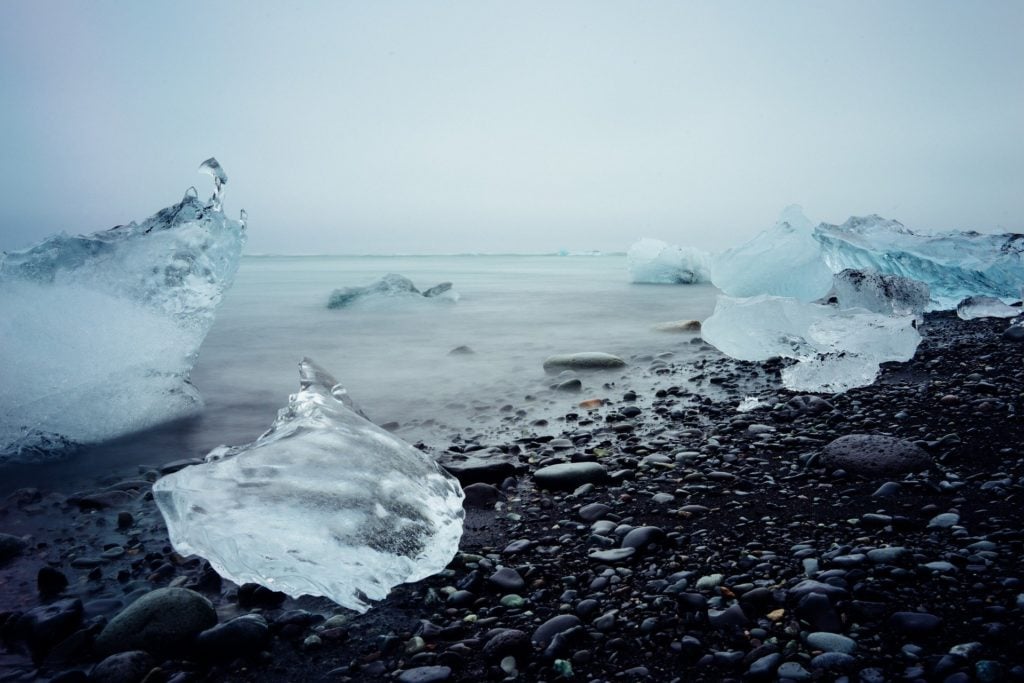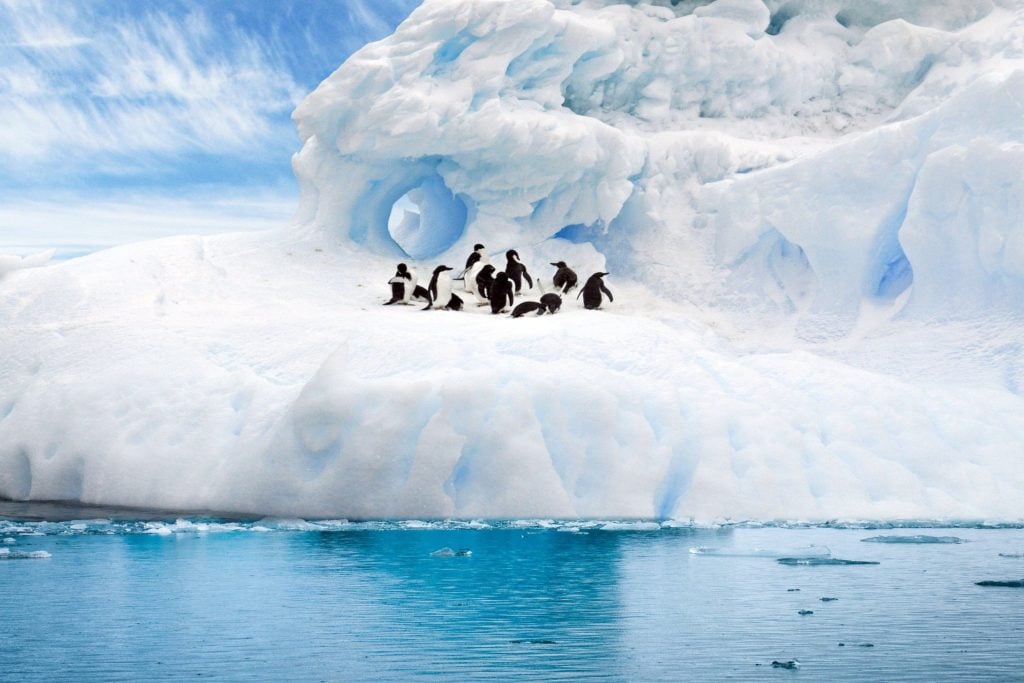You’ve probably heard about the glaciers melting for many years now. This is something that’s been happening since the industrial age started. The extra carbon dioxide and other greenhouse gases in the air have started to increase temperatures on Earth.
This increased temperature has a ripple effect on nature. Today we’re going to discuss the reasons why the glaciers are melting, what happens as they melt, and what we can possibly do to try to save the glaciers.

It’s estimated that the world’s glaciers will be completely melted by 2100, regardless of how much we reduce greenhouse emissions. In fact, 95% of the oldest and thickest sea ice in the Arctic has already melted away.
The glaciers started showing signs that they were melting in 1900. Since then we’ve only become a larger industrial world and in turn, the Earth is warming causing glaciers to melt away. Some scientists estimate that all of the ice in the Arctic region could be completely gone by 2040 if we don’t do something to reduce greenhouse gases and carbon dioxide emissions.

How does Glacier Melting Impact our World?
As the glaciers melt away into water form, the sea levels rise. With a rising sea level, many landmasses near the coasts of any ocean will start to see the ocean water sneak up further onto land. The melting glaciers always impact wildlife that needs the ice caps for hunting, such as polar bears.
Once all of the ice caps melt, polar bears and other predators will need to hunt on land. This may be fine for the survival of polar bears, but the seals and other sea life that polar bears consume will overfill the oceans because no one will be eating them to keep their population under control.

The whole ecosystem works together in a nice routine. Without glaciers, the normal function of our ecosystem will peril and the damage will be felt down the line. From wildlife to human beings, and domesticated pets, we’ll all be impacted in some way by the melting glaciers.
What Can we do to Slow Glacier Melting?
The only way to slow down glacier melting is to make global warming solutions a priority. The warming Earth is to blame for the glaciers melting way, so if we can find a way to reduce the impacts of global warming by reducing our greenhouse emissions and carbon dioxide, then we can at least slow the melting of the glaciers.

Many scientists say that we can switch to using alternative energy sources, recycle more, and drive cars that follow strict emissions regulations. These are just a few things that we can change in our world to help cool the planet and in turn, hopefully, keep the glaciers from melting so quickly.
